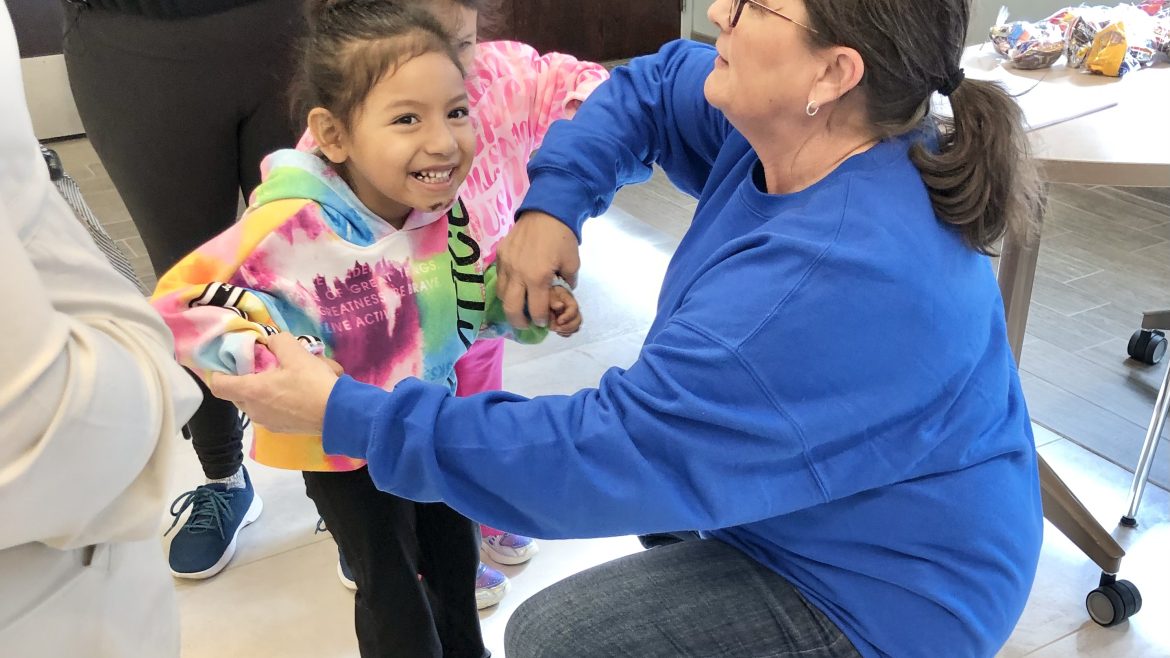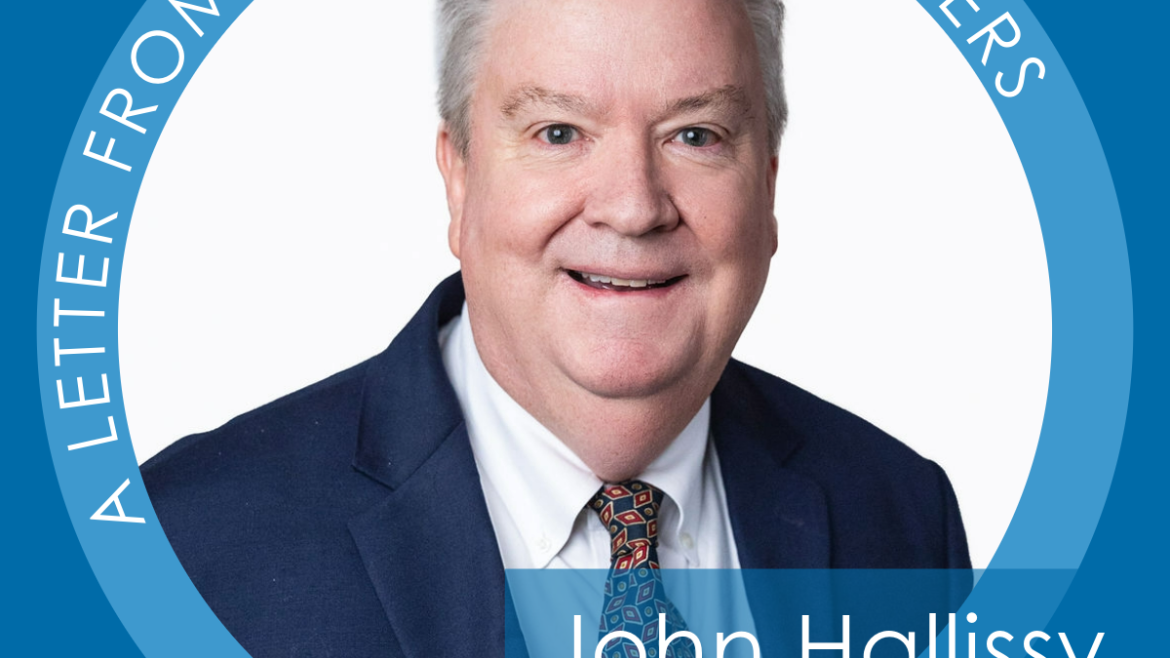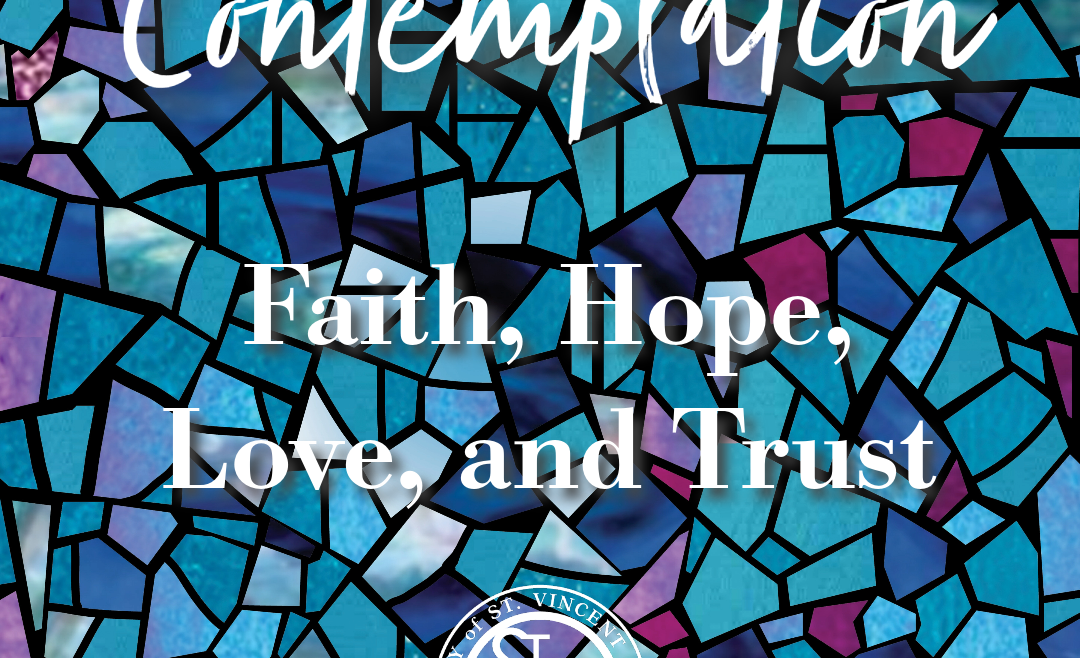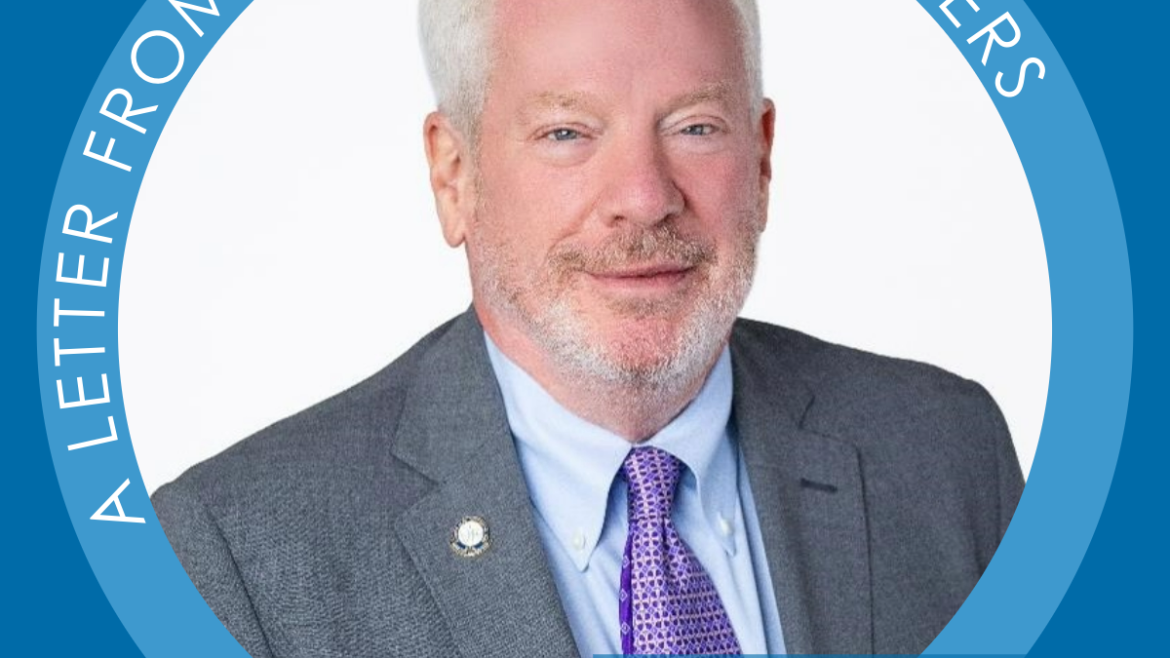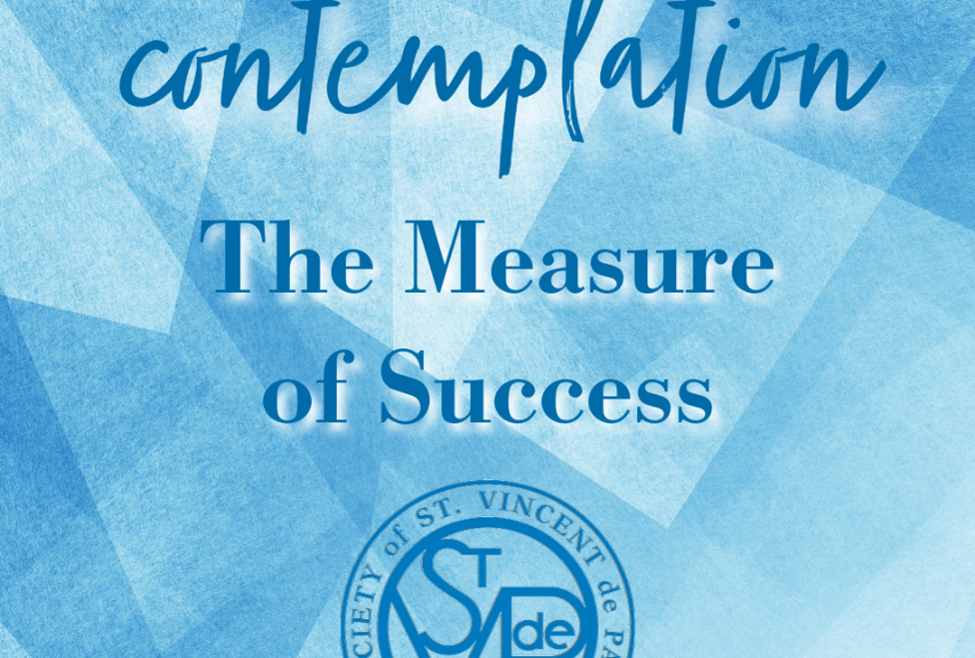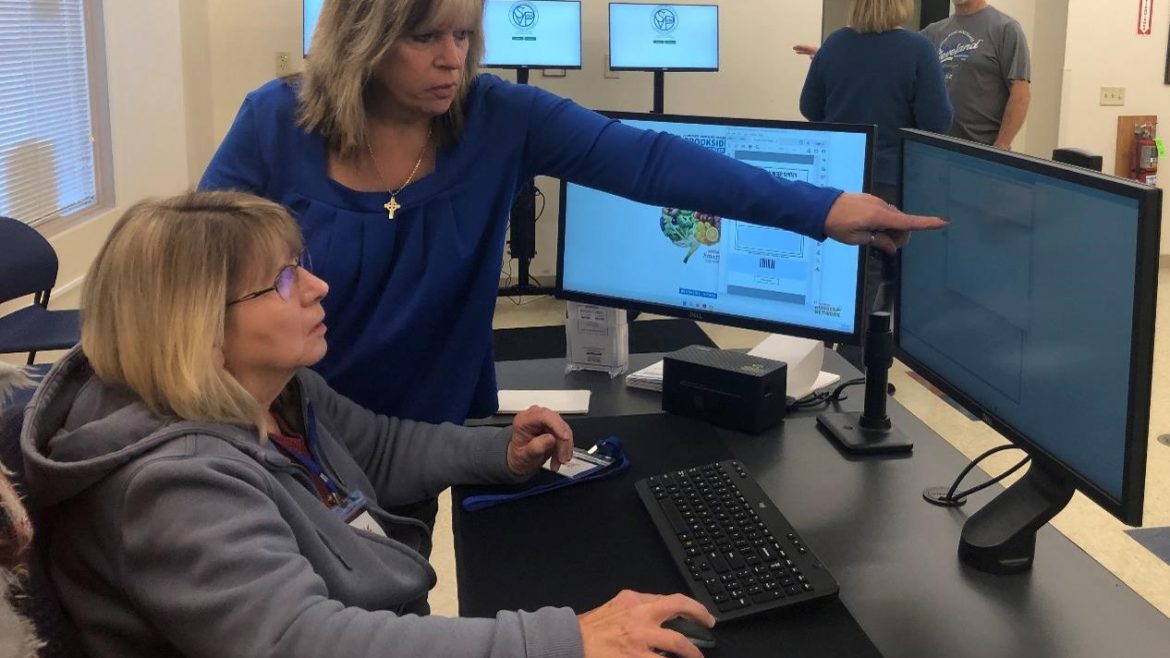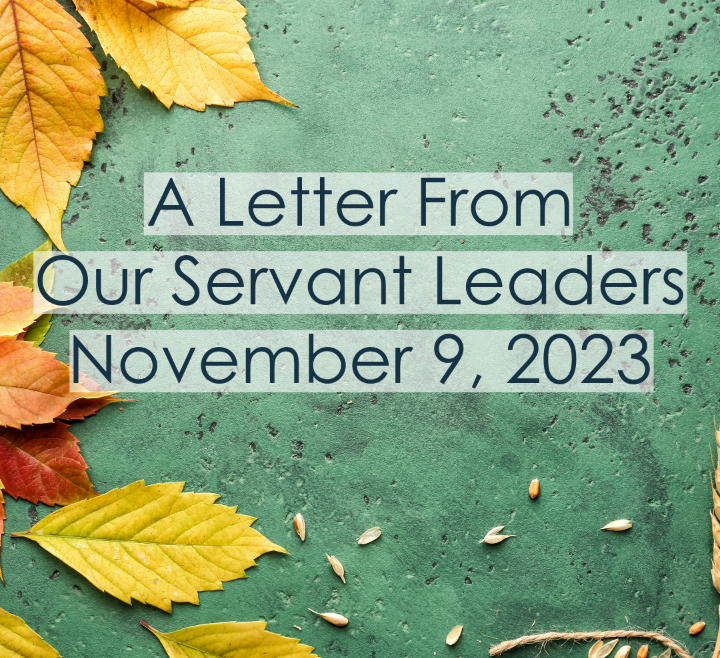On November 11, St. Vincent de Paul of Western Kentucky hosted 50 families who survived the 2021 tornadoes with a pre-Thanksgiving celebration in Mayfield, Kentucky.
Many survivors expressed their gratitude for St. Vincent de Paul Disaster Services Corporation’s national House in a Box™ program. One survivor, Tommy Jackson, singled out SVdP Community Liaison, Vicki Duncan: “Miss Vicki was so helpful through it all. When I didn’t know where to go or what to do, she gave me direction. She is truly a blessing.” When he left, Jackson shared with Miss Vicki a handmade afghan and several scripture quotes that are dear to him.
Survivors had a chance to visit with SVdP Diocesan Council Board Members: President Nancy Harris and Vice President Harry Bellew. Harris reflected, “Journeying with the survivors in their recovery is essential so they know they’re not forgotten. We as Vincentians are the long-term recovery people. When everyone else is gone, we’re still here to help. Western Kentucky is our home.”
She continued, “I was humbled by their gratitude — their stories made it so real for me. It was also a great opportunity for us to visit with our special Mayfield Vincentians, they are our local boots on the ground.” The St. Joseph Conference from Mayfield provided the survivor families with fellowship and wonderful hospitality, including delicious food and refreshments.
The community still faces many unmet needs. SVdP Diocesan Council CEO Richard B. Remp-Morris says, “We are thankful for the resources to continue to help tornado survivors. We have seen such generosity from our donors, especially St. Vincent de Paul Disaster Services Corporation and the American Red Cross. However, the need is still so great. It has been a privilege — and at the same time personally rewarding — to be able to serve the western Kentucky tornado survivors.”
As families left the event, they were gifted a new microwave, a tin of holiday cookies, and a $50 gift card towards their Thanksgiving meal. All children received a small bag of candy.


